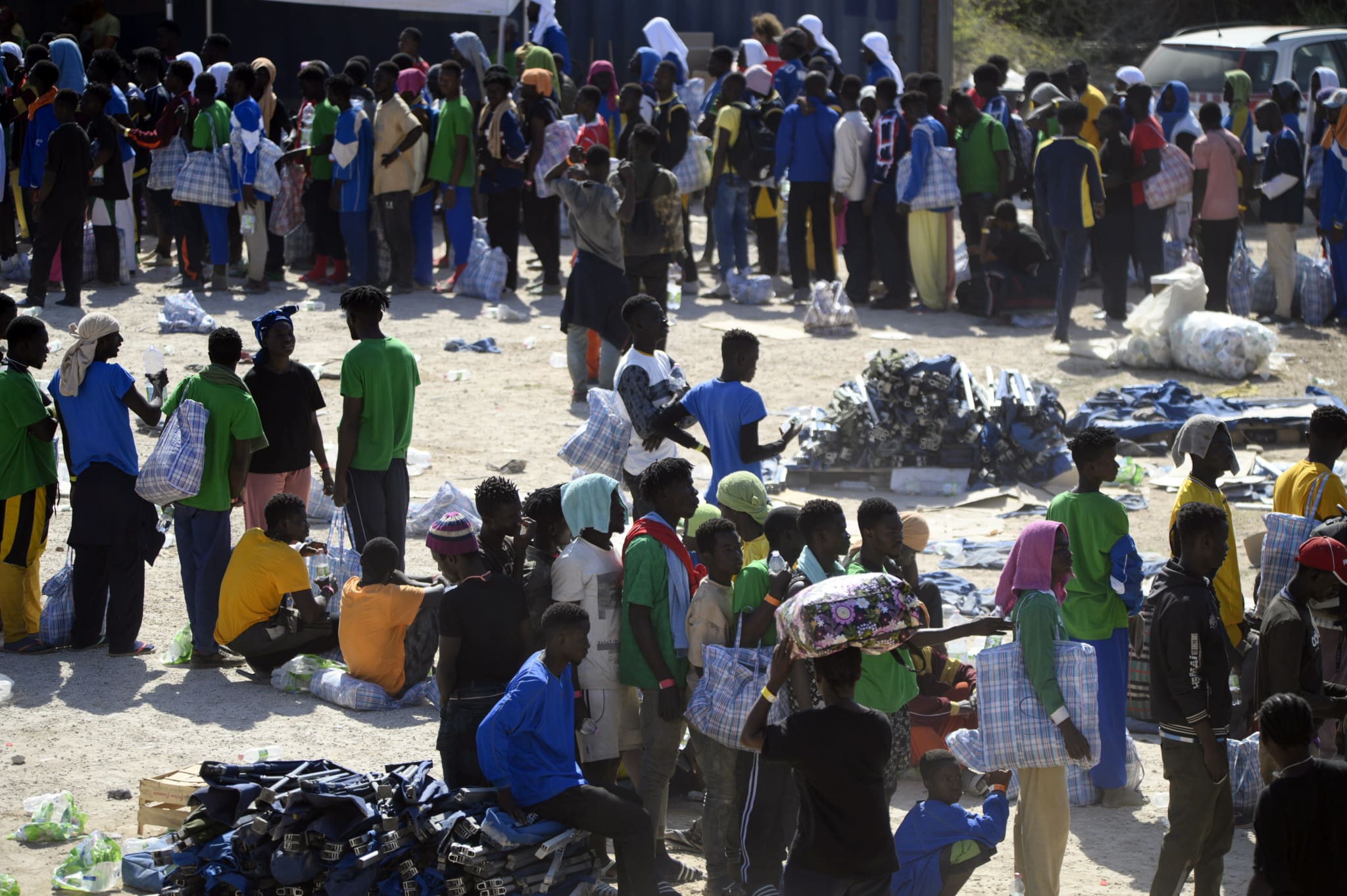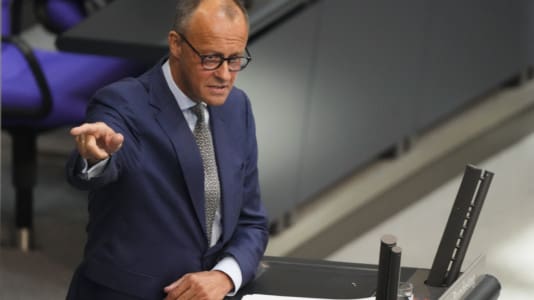The right-wing European parliamentary party, Identity and Democracy (ID), has called for a total overhaul of the European Union’s asylum system following a visit by a delegation of its MEPs to the Italian island and migrant hotspot of Lampedusa.
A total of 26 EU lawmakers from the group sought to gain first-hand experience of the crisis unfolding on the island located just over 100 kilometers from the African mainland.
They discussed with local residents and the island’s authorities the difficulties in dealing with the latest influx of new arrivals and cited issues including overcrowding, security concerns, social tensions, and the saturation of local services and resources.
In a press release published on Thursday, the ID group noted that “the hotspot had surprisingly been entirely emptied of migrants right before the group’s long-planned visit.” However, it has widely been reported that many thousands of African migrants have reached Italy’s most southerly island so far this year.
Serena Corniglia, a senior official with the Italian Red Cross, told the British press this week that 62,000 migrants had landed on Lampedusa since June 1, the vast majority of whom had been single adult males.
? | ID Group Press Release #Lampedusa pic.twitter.com/vOZkr1NhIv
— Identity and Democracy Group (@IDGroupEP) September 28, 2023“The problems at the Lampedusa hotpot highlight the complete failure of the EU’s migration policy and the need to rethink these policies in order to prevent illegal migration, address the root causes of migration, enhance border security, and preserve national sovereignty to decide who has a right to enter the state’s territory,” the ID group wrote.
It proposed several measures to achieve the above, including the abolition of the right for migrants to claim asylum within the EU’s borders, a shift in the focus of the common European asylum system from migrants to refugees, and the introduction of a “no-way policy” to block all illegal immigration into the European Union.
Furthermore, the group proposed making funding to third countries conditional upon said countries agreeing to implement effective return agreements to facilitate easier deportations, in addition to removing the “pull factors that make Europe an attractive destination for economic opportunists.”
The plans go much further than the current proposals in Brussels in relation to the EU migration pact and could garner considerable support from socially conservative members of both European and national political parties, as well as an electorate increasingly sympathetic to the conservative cause.
The ID group comprises a number of conservative parties from across Europe including Matteo Salvini’s League party from Italy, the National Rally in France, the Austrian Freedom Party, and the Alternative for Germany.






